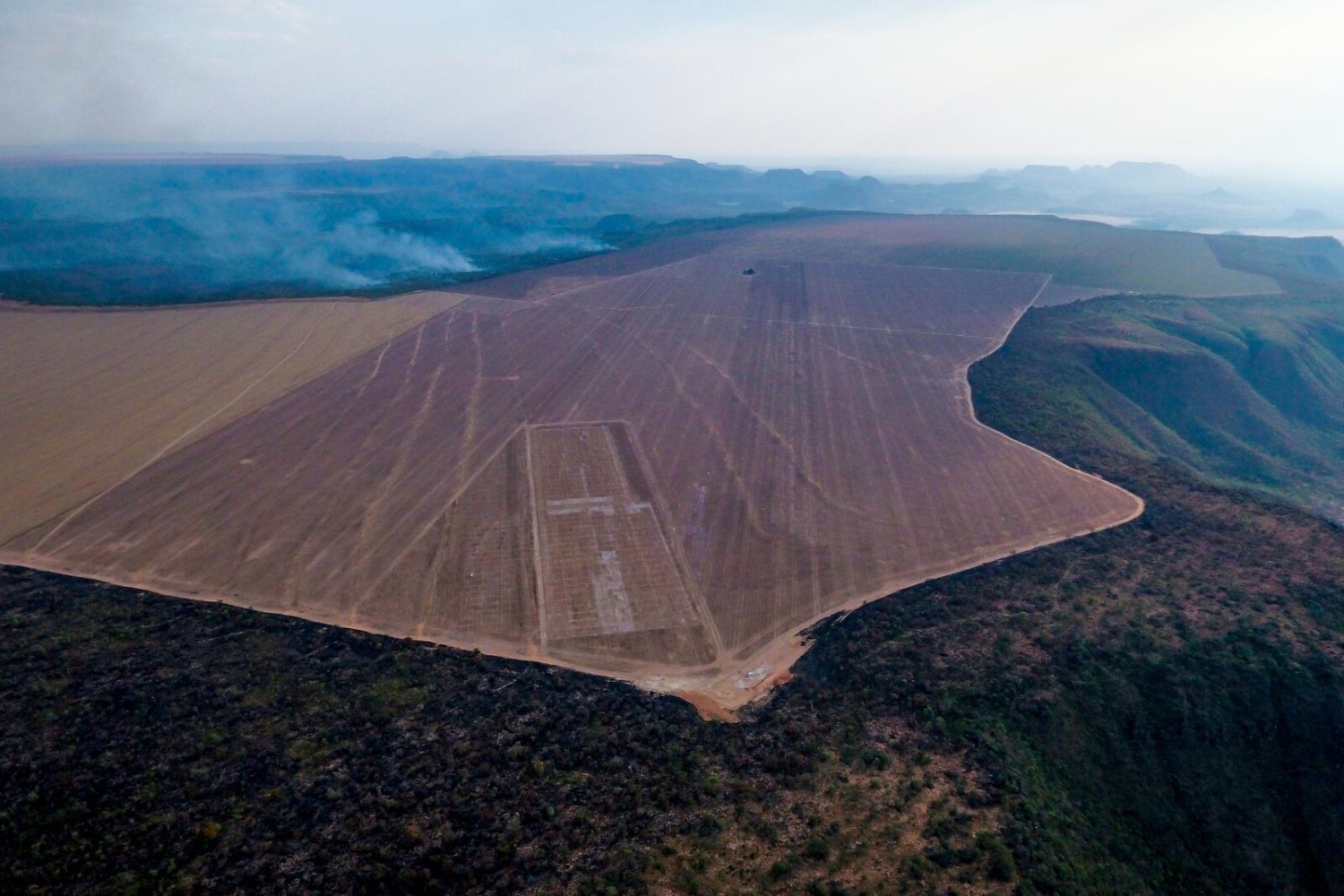
16/Jun/2025
CEO Note: Meat Industry’s Pyrrhic Victory
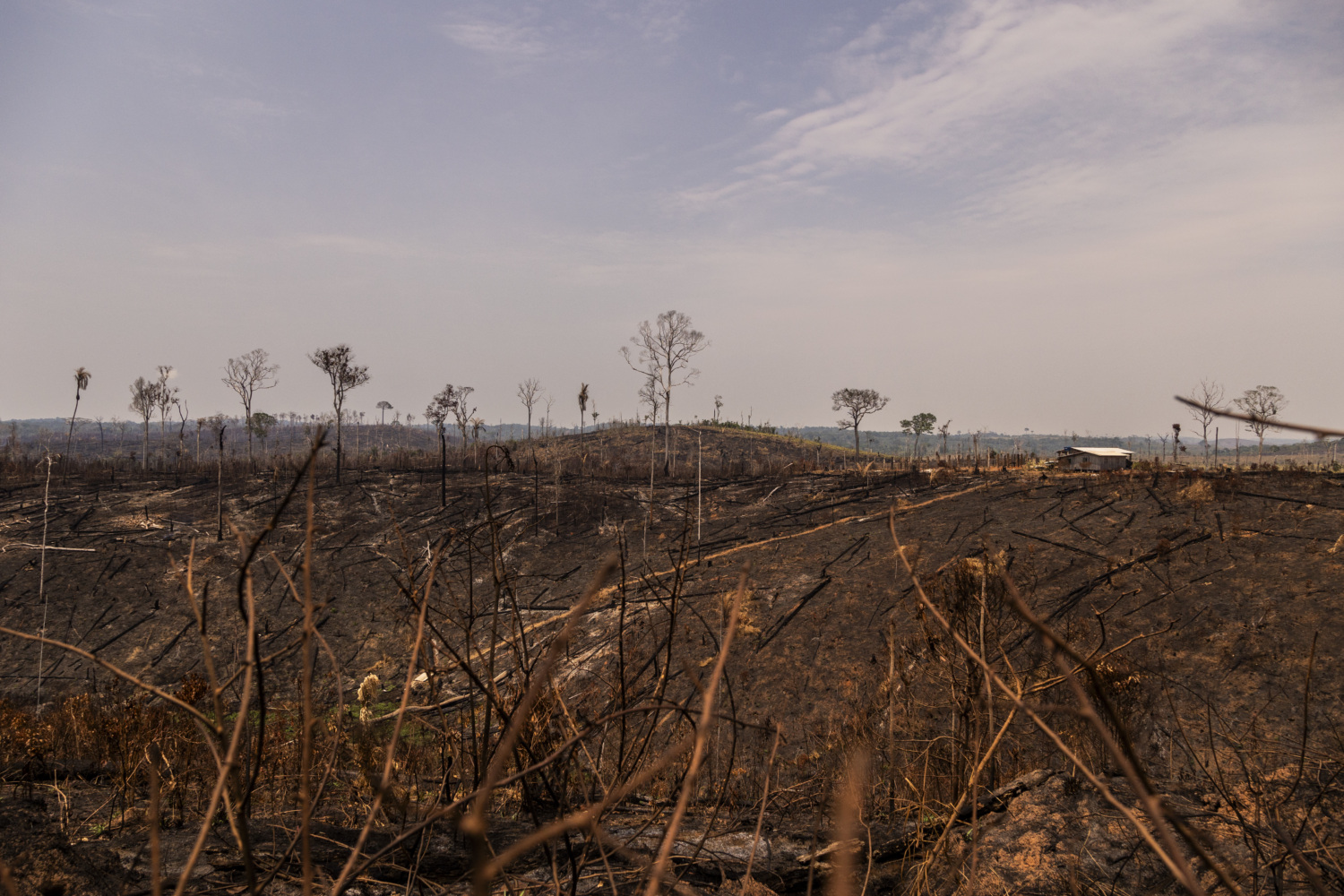
13/Jun/2025
AS JBS GOES PUBLIC ON NYSE WARNING OF U.S ANTI-MONEY LAUNDERING LAW VIOLATION
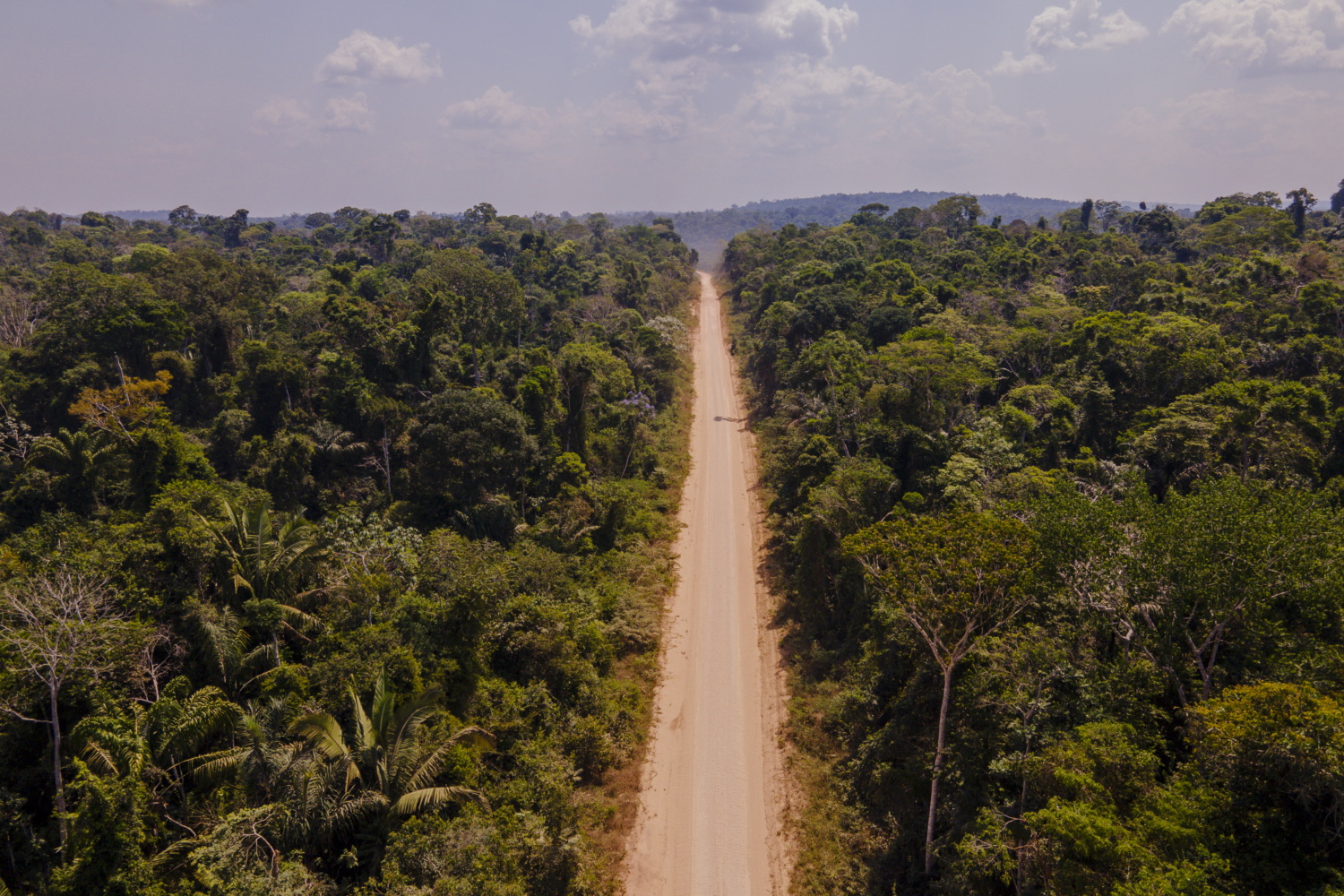
11/Jun/2025
Brazilian Indigenous leader fears his people won’t survive “constant war” with meat industry

11/Jun/2025
Brazilian Indigenous leader fears his people won’t survive “constant war” with meat industry
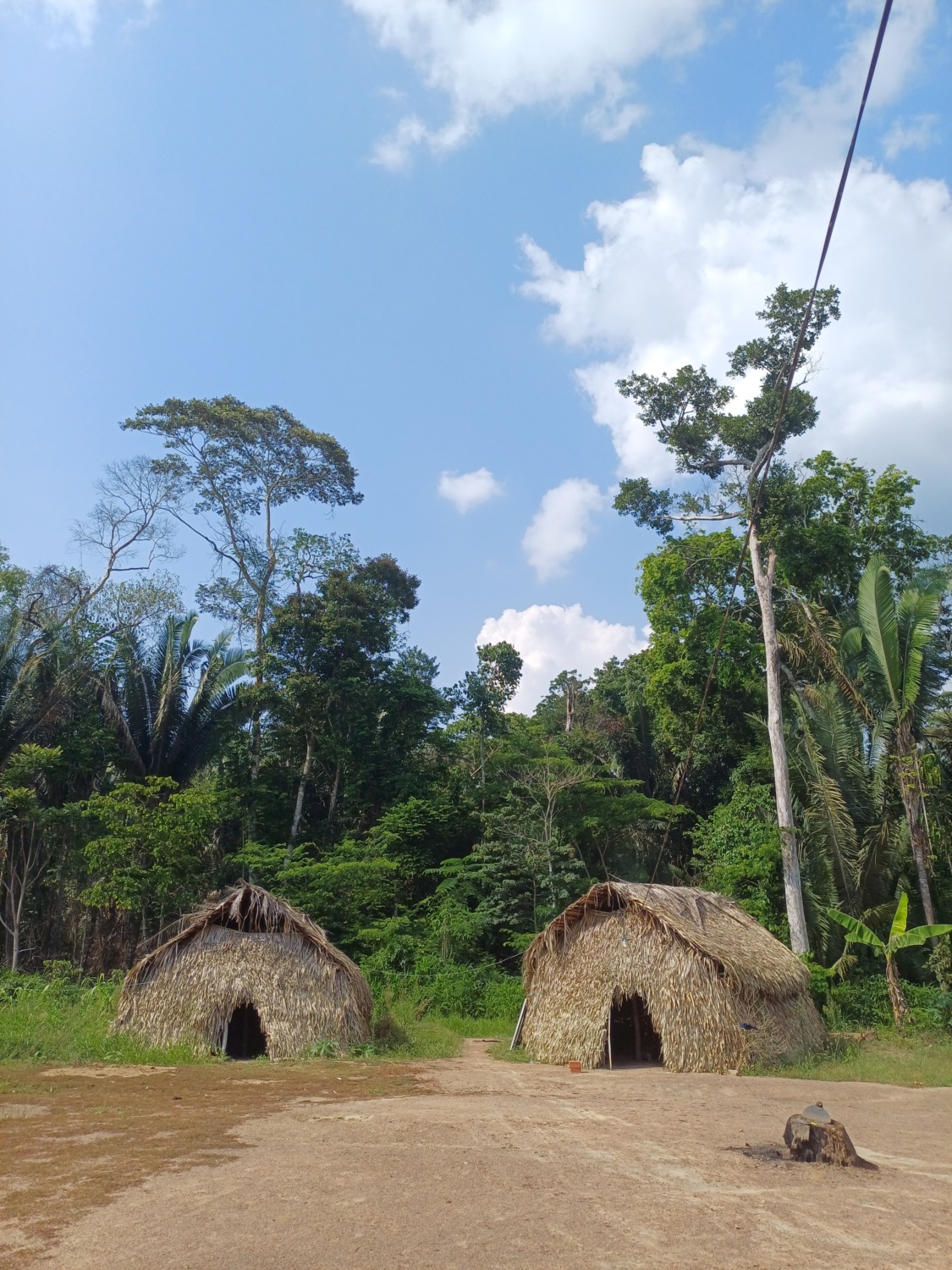
11/Jun/2025
NYSE warned of violating US anti-money laundering laws if it lists JBS shares
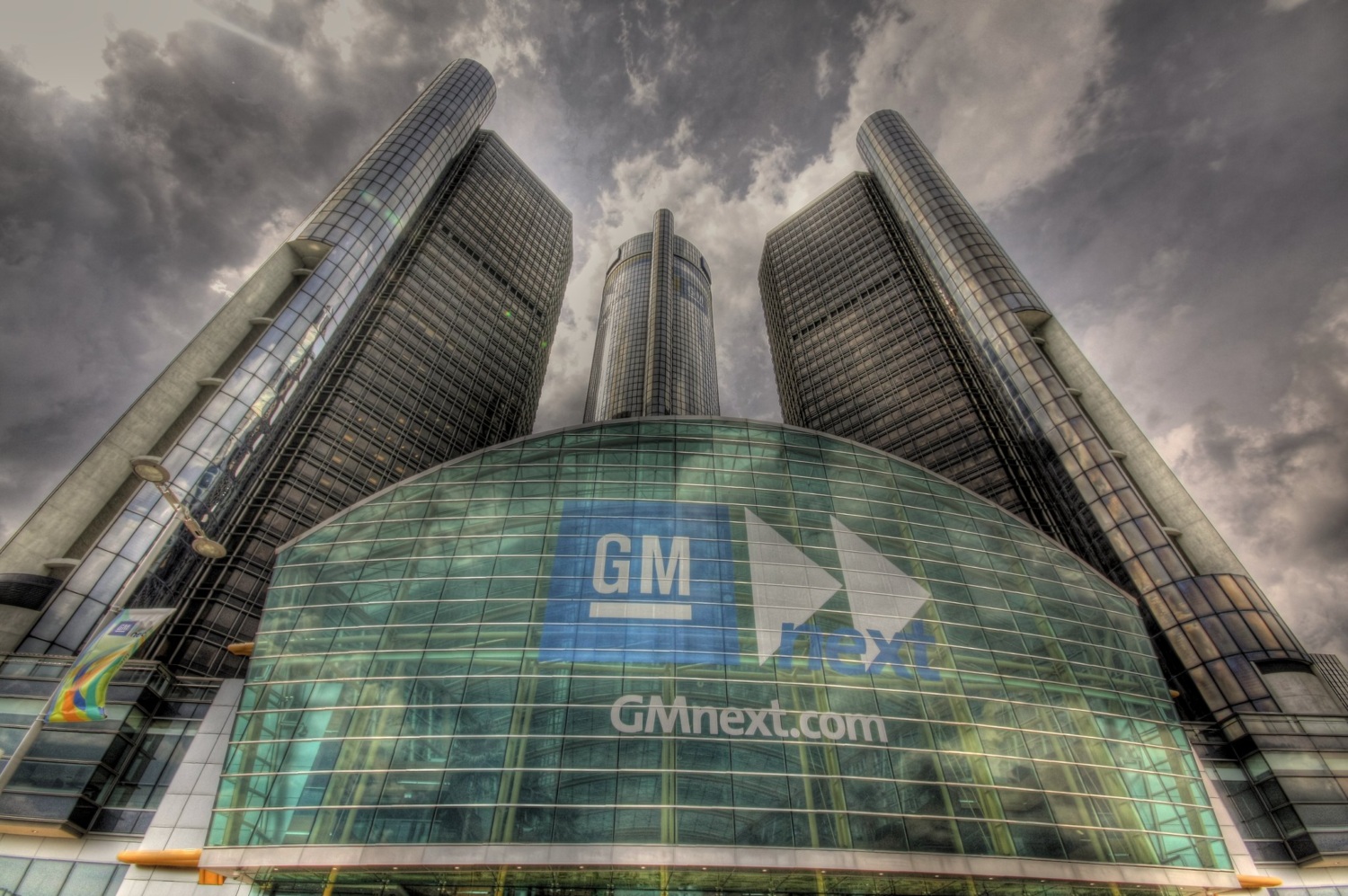
03/Jun/2025
GM Shareholders Reject Climate Transparency Proposal for Third Year in a Row

30/May/2025
The Indy 500, the World’s Largest Sporting Event, A Chance to Move Cleveland-Cliffs Towards Sustainable Steel and Jobs
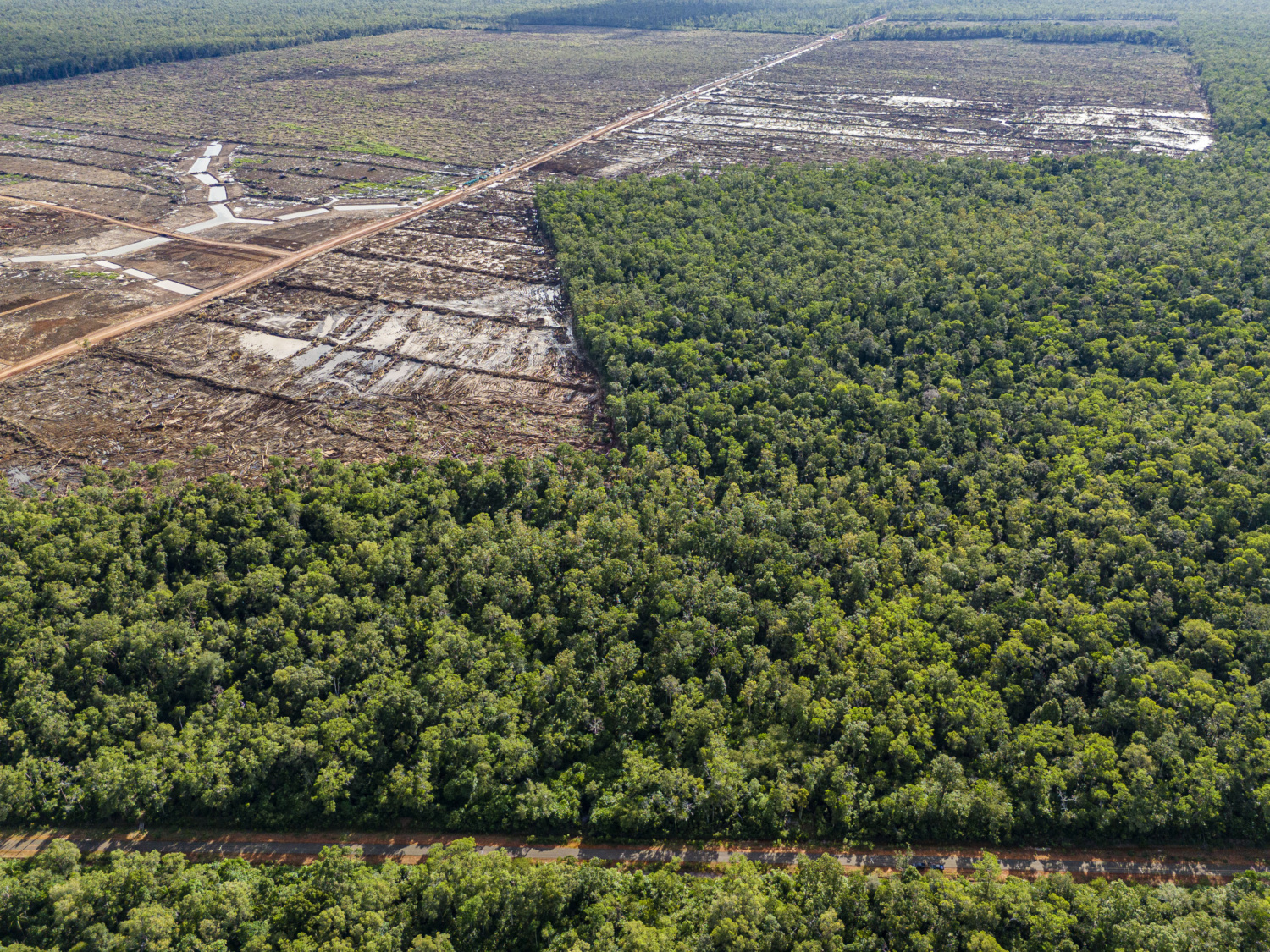
27/May/2025
World’s Largest Deforestation Project
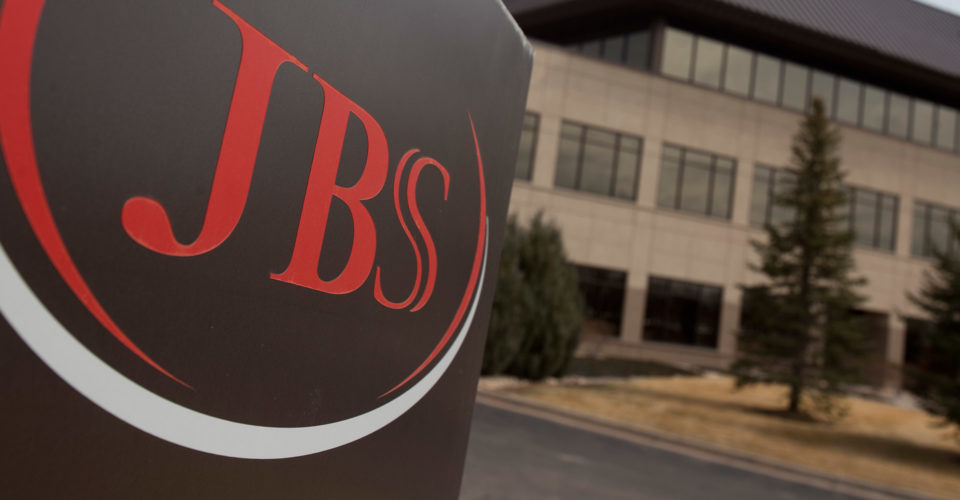
23/May/2025
JBS shareholders ignore governance concerns to approve NYSE listing
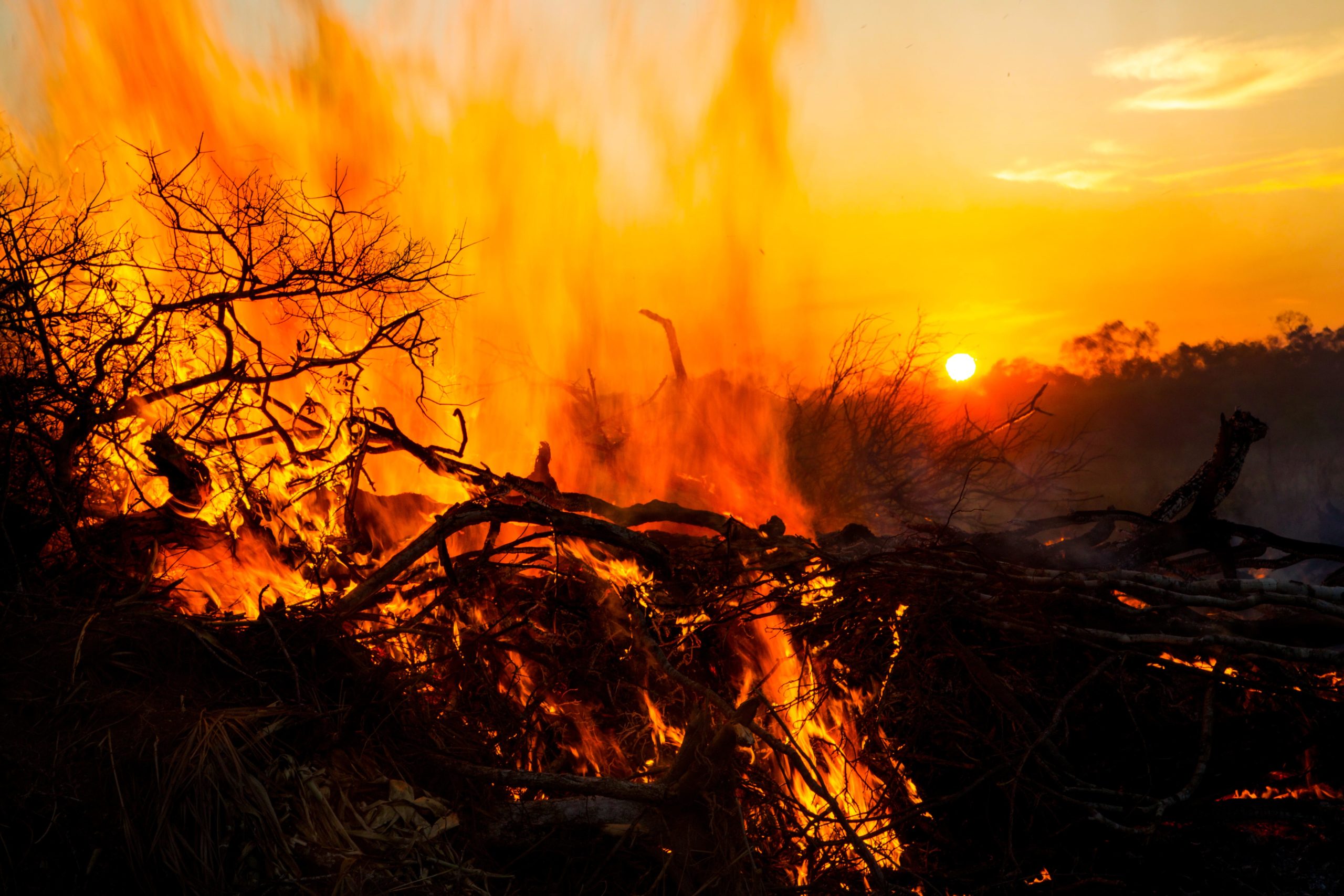
23/May/2025
Why deforestation rose in 2024 — and why there’s hope for 2025

22/May/2025
EUDR risk benchmarking branded a “farce”
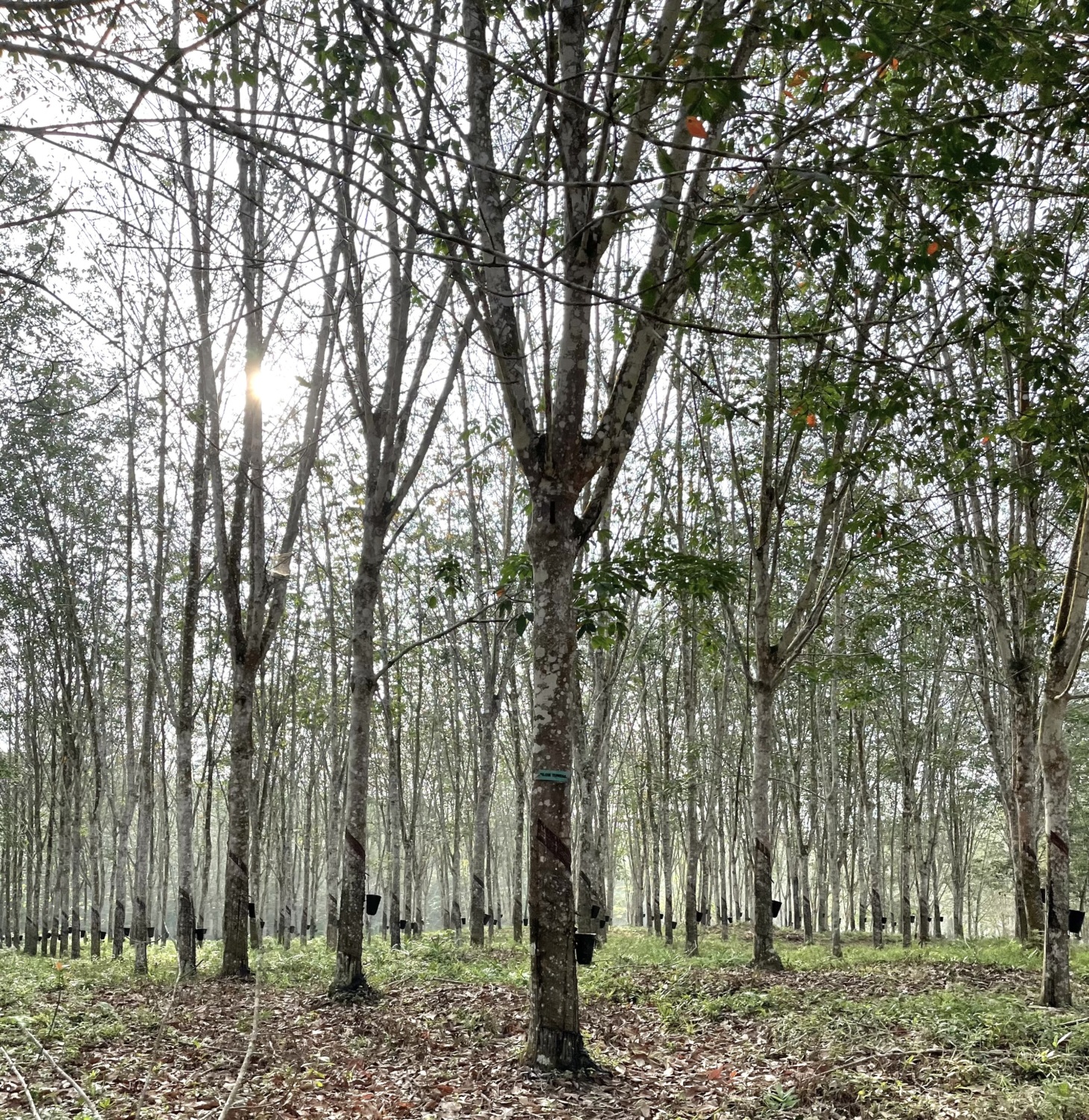
19/May/2025
Policy Briefing: Identifying risks of deforestation and illegality in EU rubber imports



